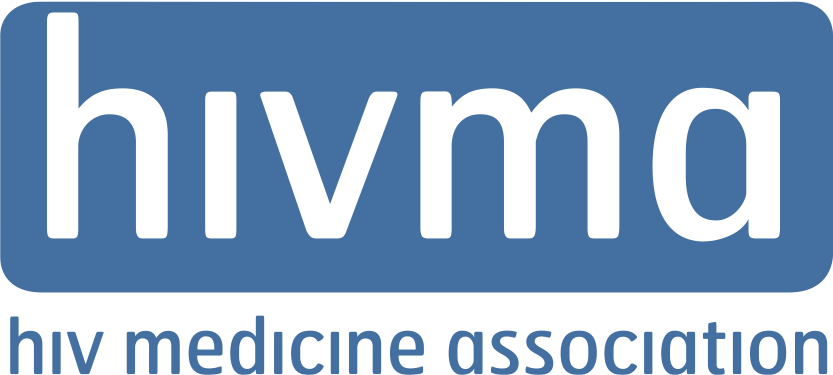COVID-19 Crisis Continues to Call for More International Collaboration and Investment
The Biden Administration’s pledge of medical aid for India to combat the country’s surge of COVID-19 shows an important commitment to tackling the pandemic as a shared crisis. We commend the Administration for taking this step and for its plans to share up to 60 million doses of the AstraZeneca vaccine. Both announcements promise renewed American leadership in combatting global infectious diseases.
As societies of physicians, pharmacists, scientists, public health professionals and other health providers working to prevent, detect and respond to infectious diseases, we thank President Biden for providing direction and resources for the work ahead.
The enormity of the pandemic’s impacts in India and other countries around the world tell us that more comprehensive and proactive measures are needed to confront this humanitarian crisis. The scope of continued COVID-19 spread worldwide, including in countries with limited health resources in sub-Saharan Africa and Latin America, as well as inadequate and inequitable vaccine uptake in the United States, are among those challenges.
Ending this pandemic and its wide-ranging harms to public health will require sustained support for vaccination, testing, surveillance, viral sequencing and treatment wherever the impacts of COVID-19 are being felt, including in those regions of the world where the impacts exceed available resources. Continued U.S. support for COVAX, the global initiative to ensure equitable access to COVID-19 vaccines, and the donation of excess vaccine doses remain pivotal to stopping the spread of the virus. Ensuring that vaccines get off shelves and into arms where the virus is spreading is a matter of global solidarity and national self-interest.
The U.S. also needs to bolster resources at home to enable increased monitoring and testing of returning travelers from India and other countries experiencing surges of viral transmission, including sequencing of any positive specimens to identify viral variants.
The COVID-19 pandemic has proven that while U.S. leadership of global health security efforts is essential, the resources allocated to those efforts have been inadequate. Until all countries have the laboratory monitoring and surveillance capacities as well as the trained staff and equipment necessary to detect and respond swiftly to emerging infectious threats, we all will remain vulnerable. The pandemic also has underscored the urgency with which we must accelerate global progress against other infectious diseases including HIV, tuberculosis, malaria and preventable childhood diseases such as measles, as well as antimicrobial resistance. Investment in worldwide public health infrastructures is a moral and practical imperative.
As frontline responders and as people whose friends and families have been directly impacted by COVID-19, we have witnessed and experienced the terrible toll that COVID-19 has had on the U.S. In solidarity with health care personnel worldwide, we urge the President and Congress to respond with measures and resources needed to quickly end this pandemic and ensure global health equity and security.
Barbara D. Alexander, MD, MHS, FIDSA – President, Infectious Diseases Society of America
Rajesh T. Gandhi, MD, FIDSA – Chair, HIV Medicine Association
Mary Hayden, MD, FIDSA, FSHEA – President, Society for Healthcare Epidemiology of America
Kristina A. Bryant, MD, FPIDS – President, Pediatric Infectious Diseases Society
Susan L. Davis, PharmD, FIDP – President, Society of Infectious Diseases Pharmacists

